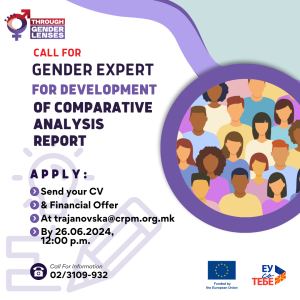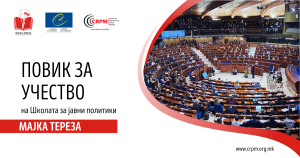Title of the project: The adaptation of industrial relation towards the new forms of work
Supported by: European Commission, DG Employment, Social Affairs and Inclusion
Duration of activities:
Start: 01.12.2017
End: 31.05.2019
The Fourth Industrial Revolution is currently changing not only the human interactions, but also work interaction. Industry 4.0 is reshaping work relationships between employees, employers and their representatives, as well as working conditions, skills requirements and overall, job creation and job losses. Although theoreticians cannot foresee what the final outcomes would be, there is a common consensus that talent, over capital, would represent the critical factor of production/economy – which would give raise to a job market increasingly segregated into “low-skills/low pay” and “high skill/high paid” segments. Furthermore, it will bring 4 type of effects over jobs: creation (new sectors, new services), change (new forms of worker/machine interaction), destruction (as a risk of computerization) and shift (digital platforms, crowd working, shared economy).
Digital economy represents a big challenge for the industrial relations, as digitalization is modifying the standard dynamics in jobs’ demand and mediation. This process opens new opportunities in terms of better competitiveness and labour productivity, but also creates risks for the labour market, especially for employees (in terms of lack of social protection, health and safety at work etc.). The impact of digitalization is even stronger in the new EU member states or Candidate states, as these are lagging this process which is more advanced in old member states.
On this ground, the present project comes with a proactive approach, seeking to document the magnitude and potential of growth of new forms of work and digital economy in the 6 participating countries (Romania, Bulgaria, Poland, Czech Republic, Croatia and Macedonia), while putting this research in a context of the need for the traditional industrial relations’ main stakeholders – trade unions, employers organizations, representative policy structures and national and EU level actors – to challenge the existing establishment and regulation in order to identify triggers for adapting to the new demands of the labour market.





